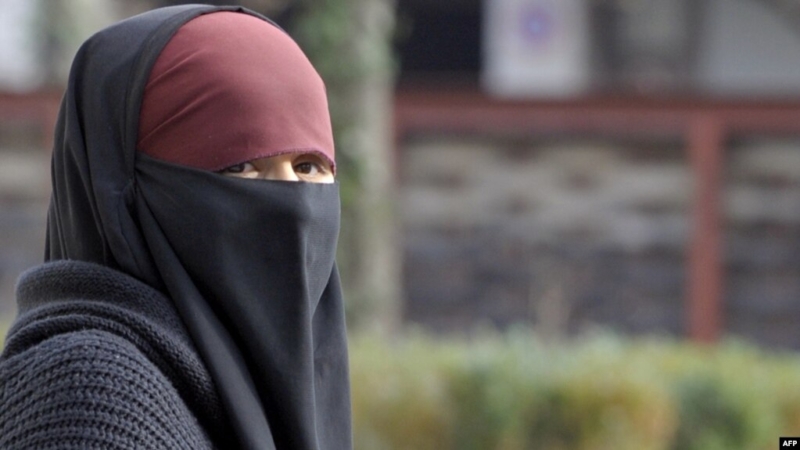The Economist reports:
Take it off
Jul 15th 2010 | Damascus
AS MEMBERS of France’s parliament voted to outlaw the public wearing of the niqab, the Muslim facial veil that exposes just the eyes, Syria is quietly imposing its own curbs. A number of teachers who wear the niqab in schoolhave been transferred to other jobs. The government’s action, so far ordered only orally, has been shrouded in secrecy. But it has been confirmed by civil-society groups that have been approached by some of the 1,200-odd teachers said to have been affected. Ali Saad, the education minister, is reported to have told teachers that the niqab undermines the ‘objective, secular methodology’ of Syria’s schools.
Religious radicals have long been the biggest threat to Syria’s Baathist government and its secular socialism. The crushing of the Muslim Brotherhood in the town of Hama in 1982, when more than 10,000 of its followers were killed, has not been forgotten. More recently, however, the government has sought to curry favour at home by rallying to the cry of Islam. Indeed, in an effort to emulate neighbouring Turkey, President Bashar Assad’s government has posed as a regional champion of moderate Islam. Enthusiasm for shows of religiosity has grown. In the past few years more women have been wearing the veil. Religious books are selling better. More religious schools are being set up.
Yet the government is still very wary of Muslim fundamentalism, especially in education. Last year it reviewed its regulations for Islamic schools. One committee was set up to monitor their funding; another looked at the curriculum. Many of the foreigners who fetch up in Syrian jails are radicals who have been involved in religious schools. Seeking ways to curb the niqab in places of education illustrates the government’s twitchiness.
The reaction of Syrians has been mixed. “The niqab is a Wahhabi way of influencing Syria and is a form of violence against women,” says Bassam al-Kadi, the outspoken head of the Syrian Women’s Observatory, a lobby that strongly supports the curb. But some say it is an attack on personal freedom.



